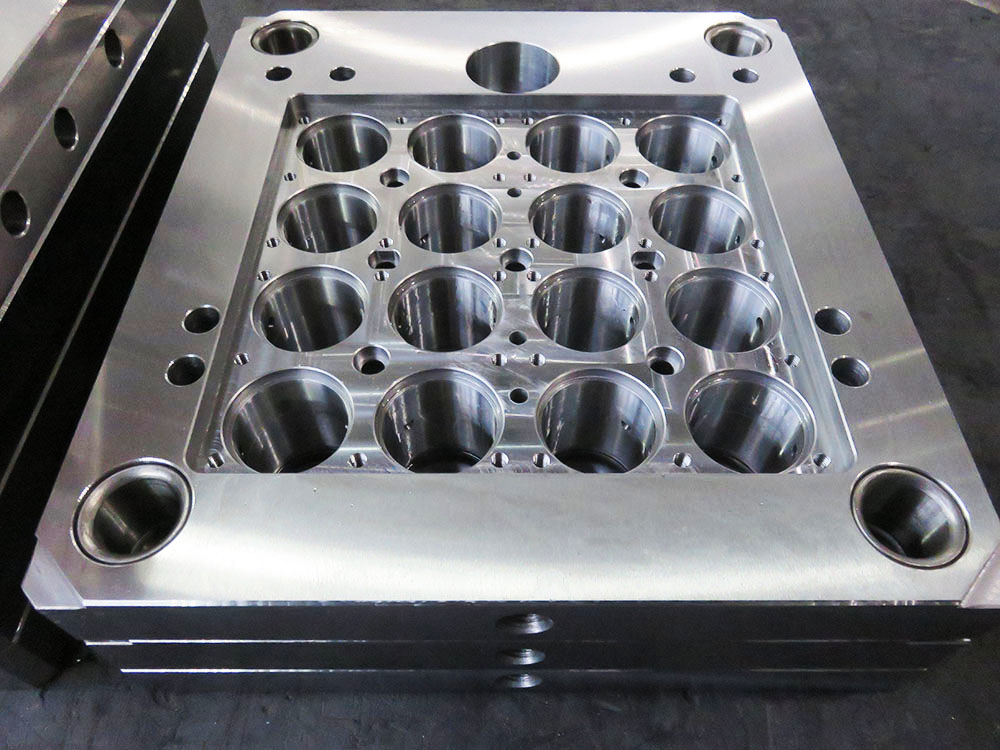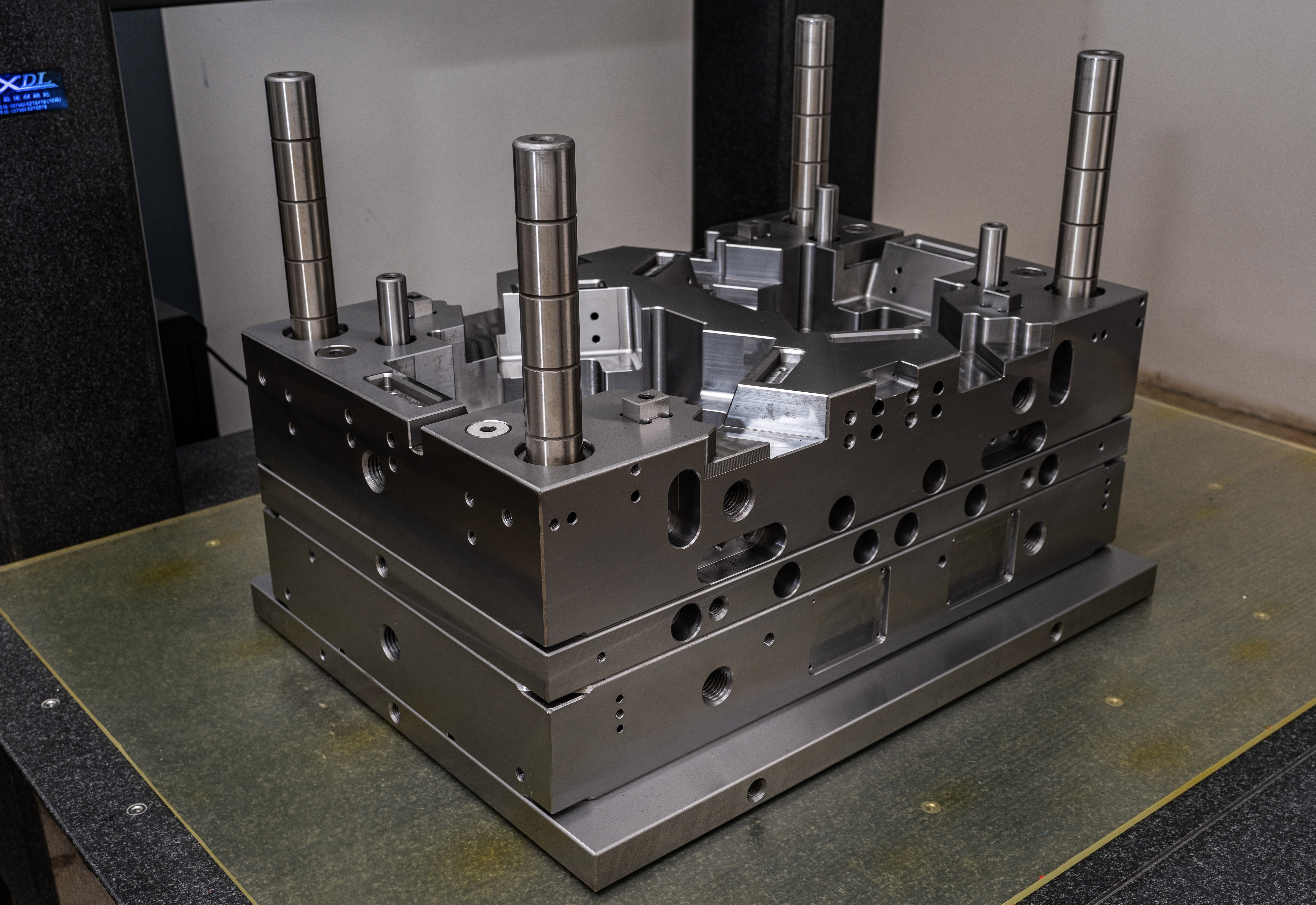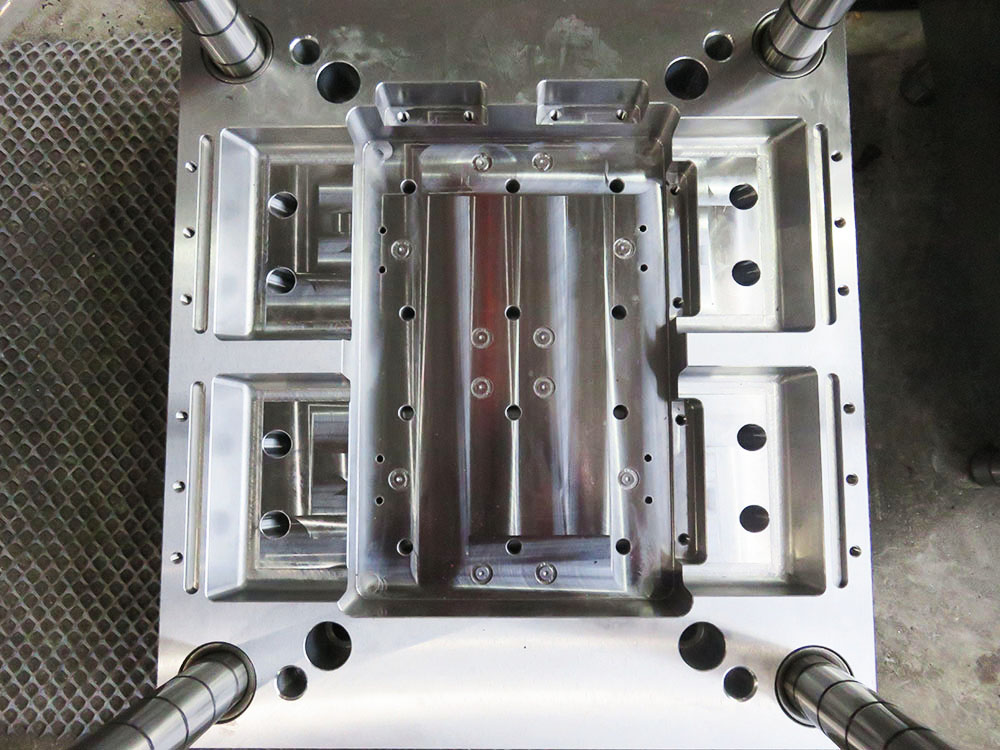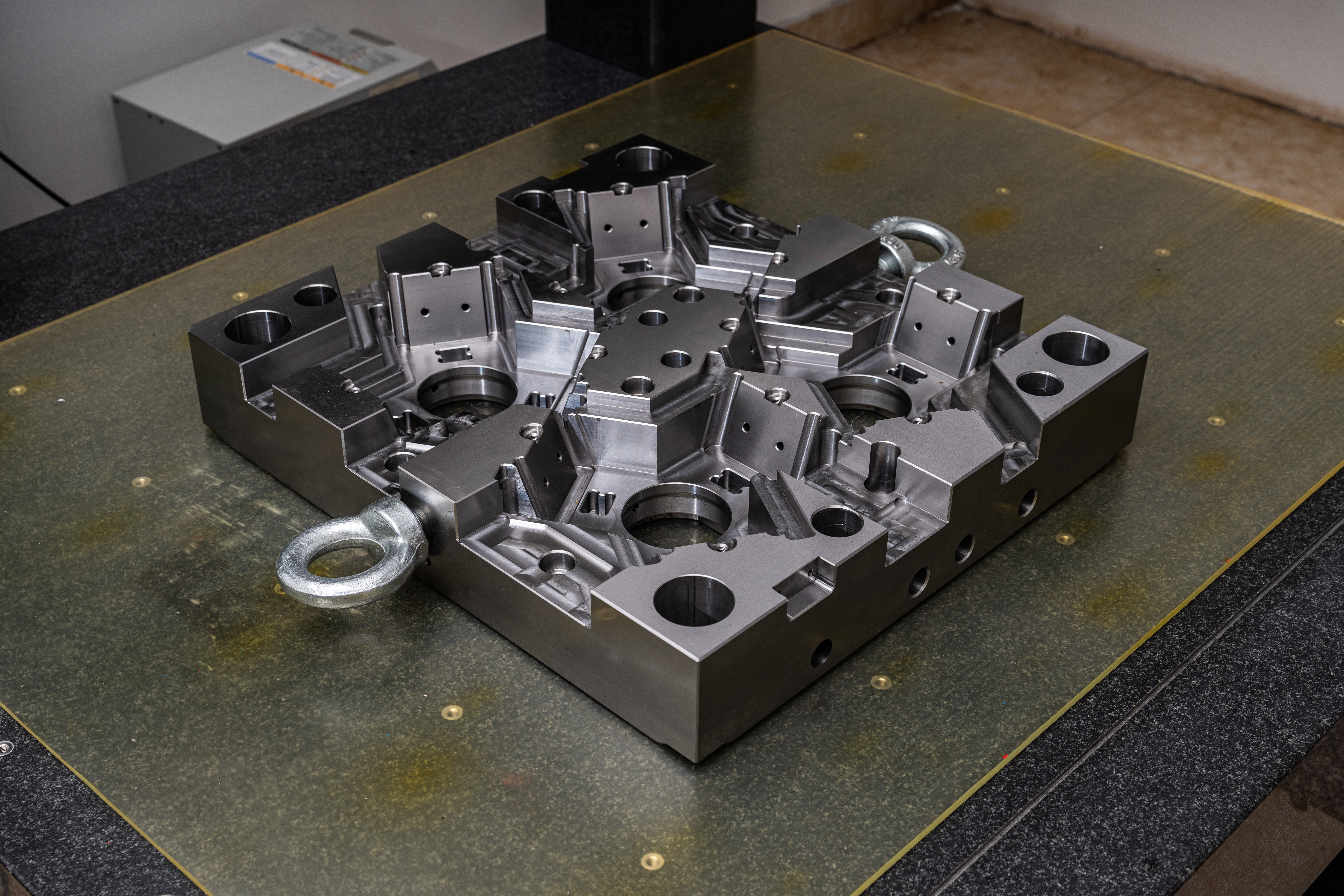Customized Non-Standard Framework: Precise Adaptation for Diverse Production Processes in the Mold Base Industry
Introduction:
The mold base industry is a crucial component of the manufacturing sector, providing the foundation on which molds for various products are built. As production processes become increasingly diverse and complex, the need for customized non-standard frameworks has become essential. This article explores the significance of tailored frameworks in the mold base industry, emphasizing their precise adaptation capabilities.
Importance of Customization in the Mold Base Industry
Mold bases serve as the core components of molds, providing the necessary support, alignment, and stability during production processes. However, with the wide variety of products being manufactured today, standard mold bases often fail to meet the unique requirements of different production processes. Customization plays a vital role in addressing these challenges and optimizing mold base performance.
1. Enhanced Functionality and Performance:
Customized non-standard frameworks allow for the incorporation of specific features and components that are essential for a particular production process. By tailoring the design to match the requirements of the mold and the product being manufactured, functionality and performance can be significantly improved. This includes precise alignment features, optimized cooling channels, and integrated electrical connections.
2. Efficiency and Cost Reduction:
A customized mold base framework eliminates the need for additional modifications and alterations during the production process. By accurately adapting to the specific requirements, the time and effort required for adjustments are greatly reduced, resulting in improved efficiency and reduced costs. Furthermore, a tailored framework reduces the risk of errors and defects, further contributing to cost savings.
3. Adaptation to Complex Production Processes:
Many production processes in today's manufacturing industry require specialized molds to accommodate complex shapes, intricate designs, and advanced functionality. Customized non-standard frameworks enable mold bases to adapt precisely to these demanding production processes, ensuring efficient and accurate manufacturing. The ability to customize frameworks according to the specific requirements of each process is paramount in meeting the industry's evolving needs.
Precise Adaptation of Non-Standard Frameworks
1. Collaborative Design:
The precise adaptation of non-standard frameworks begins with a collaborative design process involving mold base manufacturers, mold designers, and end-users. This collaborative effort ensures a comprehensive understanding of the unique requirements and challenges of the production process. By leveraging the expertise of all stakeholders, the framework can be customized to meet the specific demands effectively.
2. Advanced Engineering and Manufacturing Techniques:
The precise adaptation of non-standard frameworks requires the utilization of advanced engineering and manufacturing techniques. Computer-aided design (CAD) and computer-aided manufacturing (CAM) technologies enable the creation of intricate designs and precise manufacturing instructions. High-precision machining processes, such as CNC milling and grinding, ensure the accurate fabrication of the customized framework.
3. Quality Control and Testing:
Ensuring the precise adaptation of non-standard frameworks necessitates comprehensive quality control and testing measures. Each customized framework must undergo thorough inspections and evaluations to verify its dimensional accuracy, structural integrity, and compatibility with the specific production process. This rigorous quality control ensures that the tailored framework meets the highest industry standards.
Conclusion
The mold base industry plays a critical role in supporting diverse manufacturing processes. Customized non-standard frameworks provide an effective solution to overcome the limitations of standard mold bases, enabling precise adaptation to the unique requirements of each production process. By enhancing functionality, improving efficiency, and ensuring adaptation to complex processes, customized frameworks empower manufacturers to meet the evolving demands of the industry effectively.




